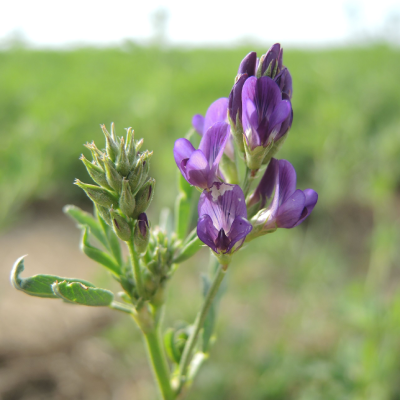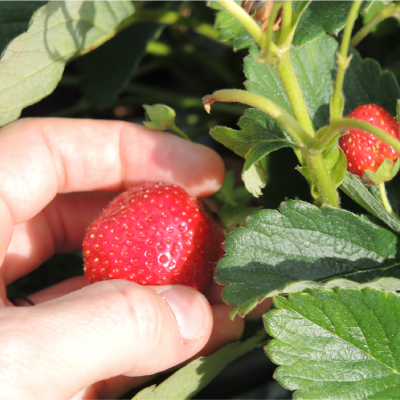
Why is agroecology important?
Agriculture covers a significant portion of the world’s globe, provides employment, and contributes to economic development, and feeds all of the world’s populations. Agroecology, the study of agricultural ecosystems and interactions within these ecosystems, is central to sustainably responding to increased demands for higher food production. Agroecology considers the needs of human society, wildlife, and natural resources within an agricultural system. As such, agroecology is not only a science but also a movement and a practice. Agroecology can lead to the development of new agricultural technologies or improve on established agricultural practices leading to improved environmental quality, yields, or grower livelihood.
Read more
Branches of Agroecology
Agroecology is cross-disciplinary and spans many scientific disciplines including but not limited to: agronomy, ecology, soil science, rangeland ecology, entomology, environmental science, sociology, and economics. Agroecology includes both basic and applied research questions.
Read more
Who are we?
We are citizens, students, educators, researchers, and practitioners who are working at the interface of agriculture and ecology to promote science-based strategies and information essential for developing agricultural systems that are environmentally, economically, and socially sustainable. We seek to foster communication between and among the agroecologist community, growers, and everyone who may be interested in learning more about agroecology.
Read more